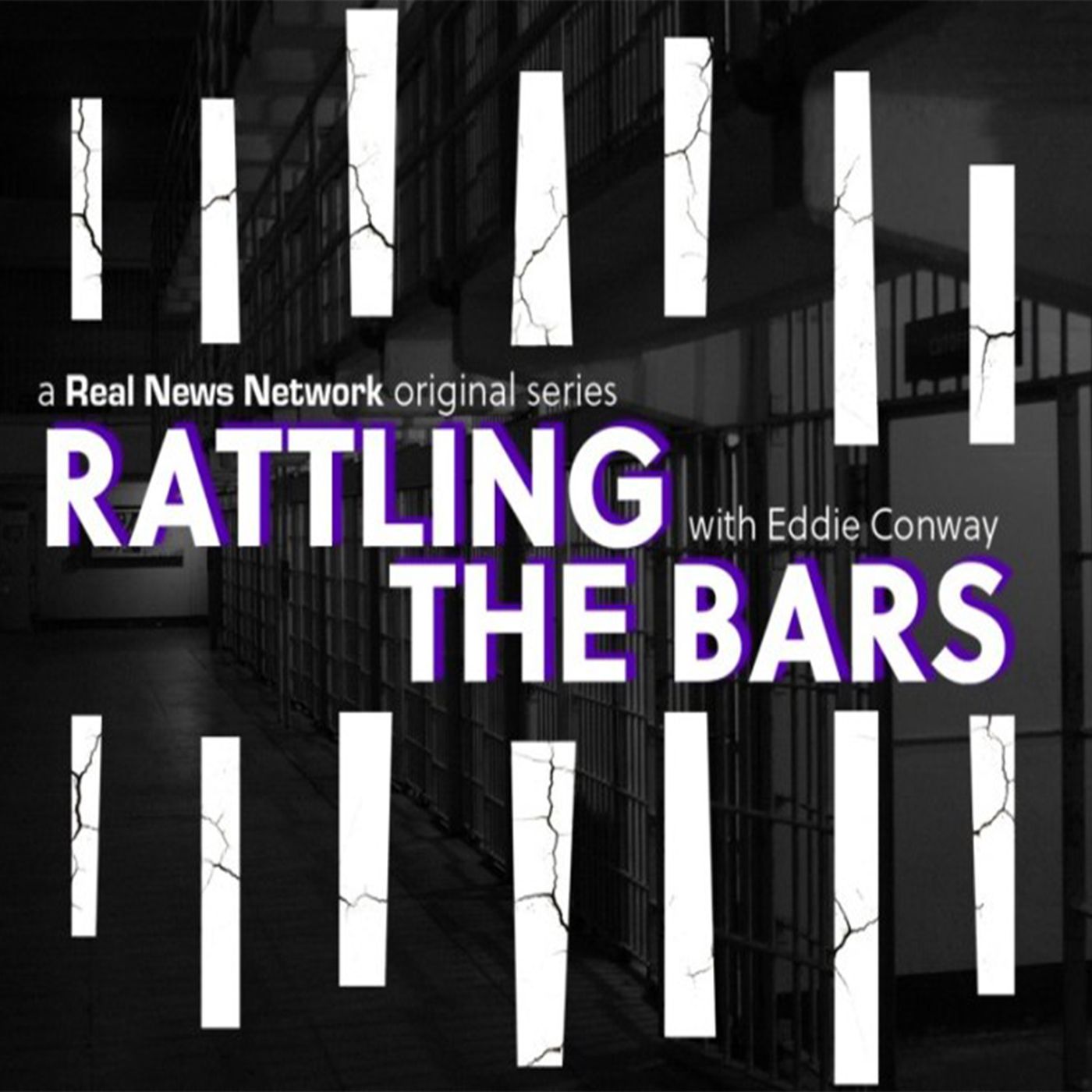How poor and working-class voters navigate an electoral system that doesn't serve them
Description
The 2024 US elections are just three months away, and with polls showing a tight race between Kamala Harris and Donald Trump, the outcome may come down to voter turnout—and data show that there is a direct correlation between income level and voter turnout. As Katherine Hapgood recently wrote in an article for the Washington City Paper, "Of the roughly 35 million Americans living at or below the $50,000 threshold widely accepted as 'low income,' just about half reported participating in any of the past five presidential elections, according to an analysis of 2020 U.S. Census data. By comparison, 86 percent of Americans with incomes of $150,000 or higher reported casting a ballot during the same time period." Many poor and working-class people understandably feel that the electoral system does not represent them and their interests, but the results of elections continue to directly and indirectly impact their lives and communities. In this special #election2024 episode of Rattling the Bars, TRNN editor-in-chief Maximillian Alvarez speaks with RTB host Mansa Musa and David Schultz, a criminal reform and social justice advocate, about why elections still matter for all of us, and how poor and working-class people, and people impacted by the prison system, can navigate the fraught world of electoral politics to get what they and their communities need.
Read the transcript of this episode here.
Studio Production: Cameron Granadino, David Hebden
Post-Production: Cameron Granadino
Audio Post-Production: Alina Nehlich
Help us continue producing Rattling the Bars by following us and becoming a monthly sustainer.
Sign up for our newsletter
Like us on Facebook
Follow us on Twitter
Donate to support this podcast
More Episodes
Published 11/18/24
Since the 1990s, 2 million people with felony convictions have regained the right to vote, thanks to crucial reforms abolishing felony disenfranchisement in 26 states. This election, these voters could play a crucial role—and based on data from 2020, many of them prefer Trump. There's more to...
Published 11/04/24
Published 11/04/24


